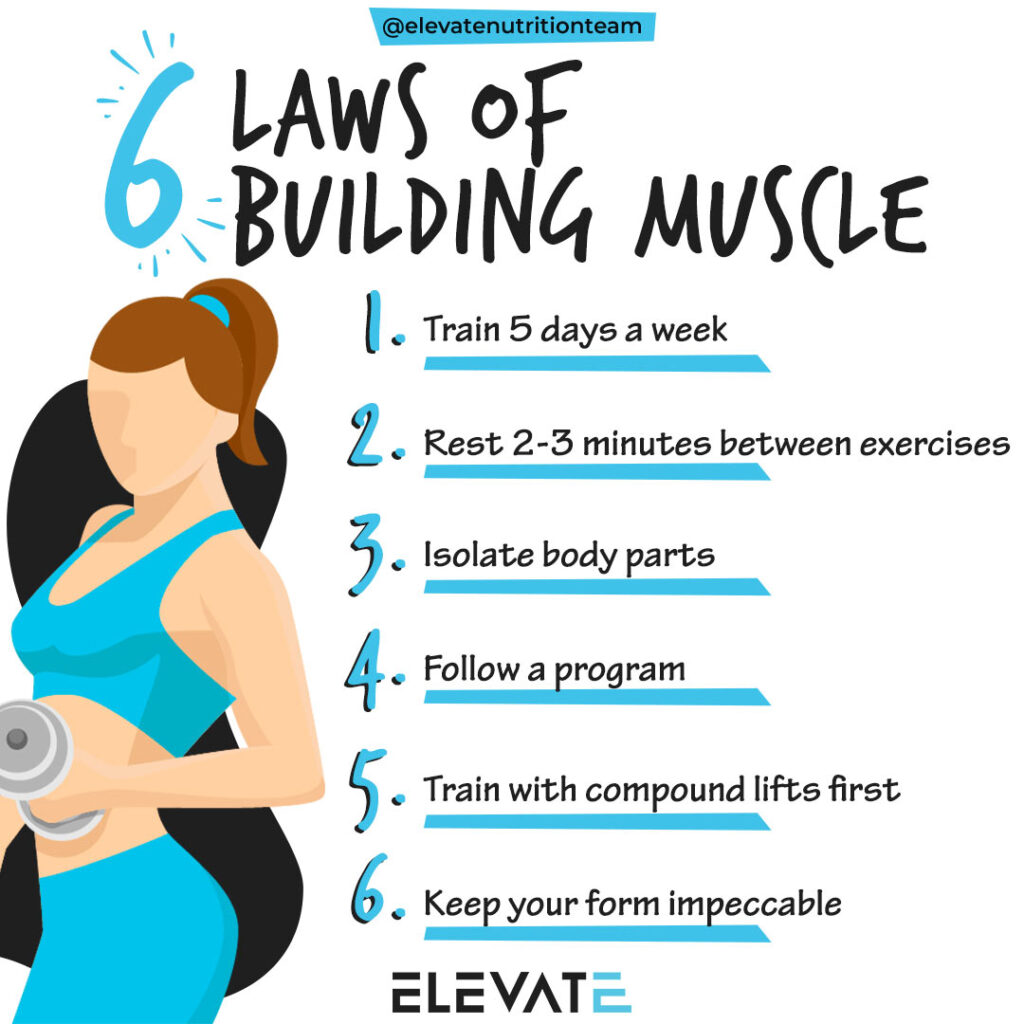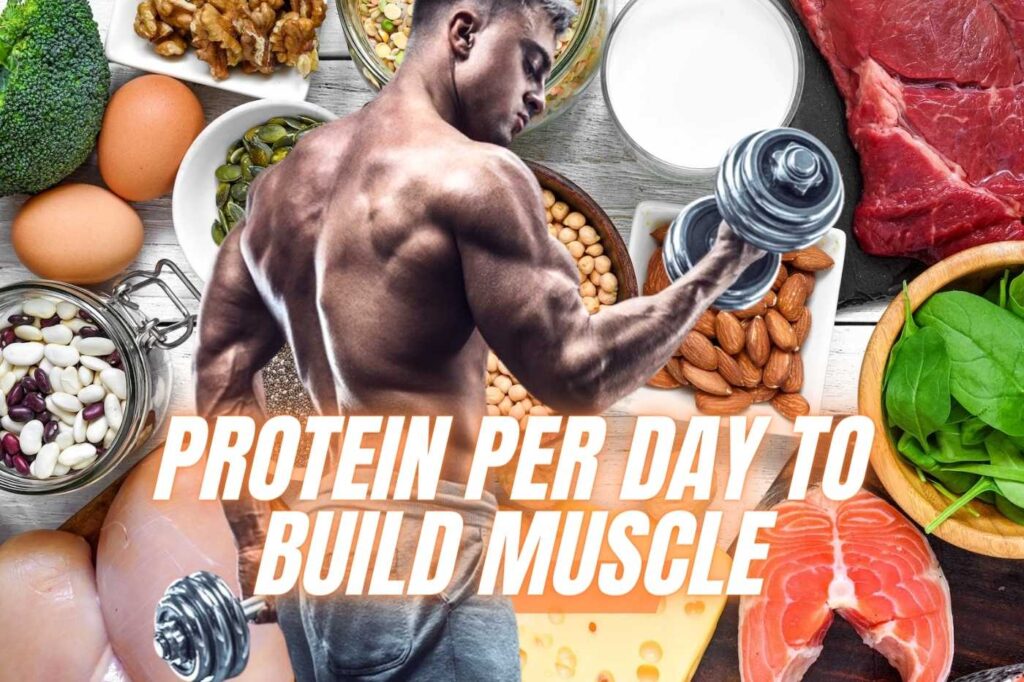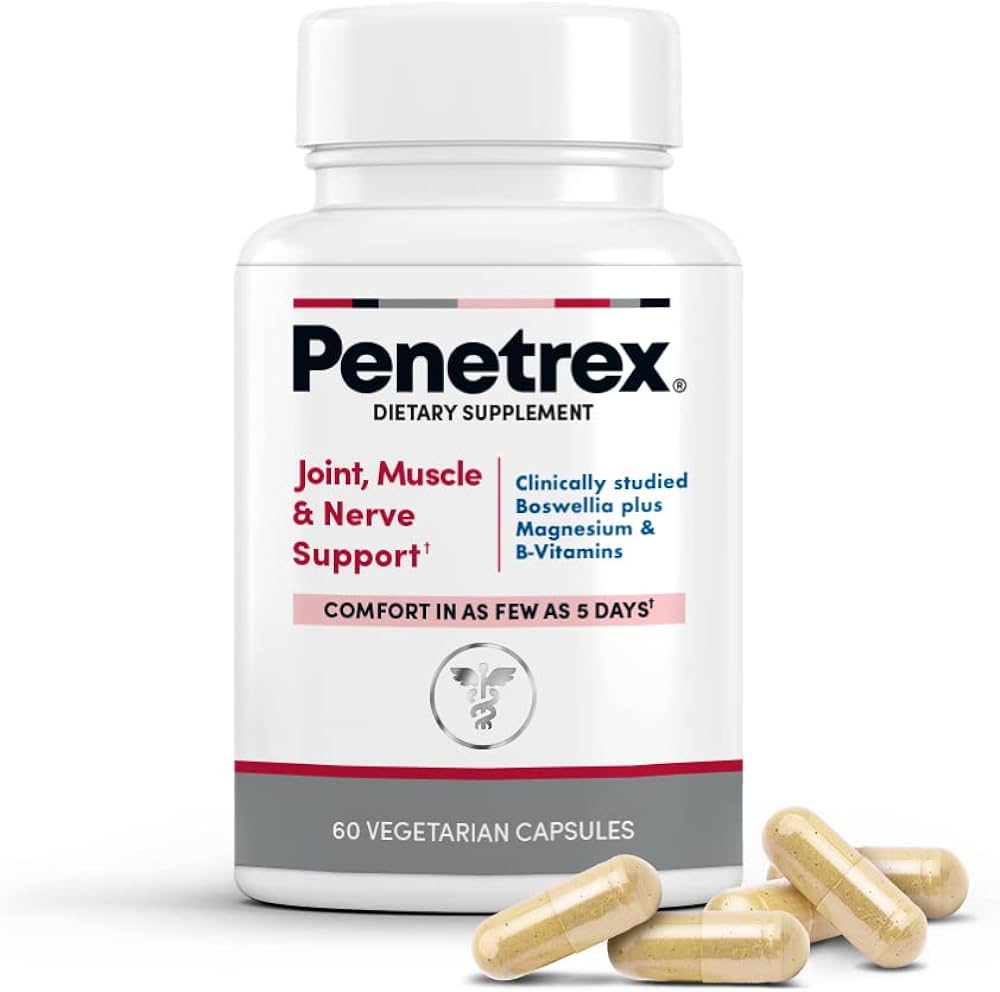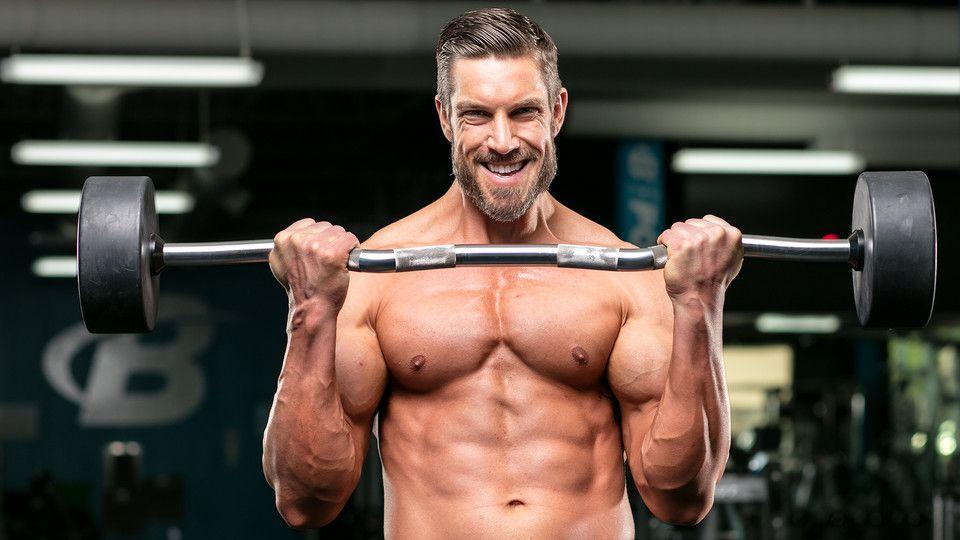Muscle building involves increasing muscle mass through exercise, particularly strength training, and proper nutrition. It requires consistent effort and discipline.
Muscle building is a popular fitness goal for many. It not only improves physical appearance but also enhances overall health. Strength training exercises like lifting weights help stimulate muscle growth. A balanced diet rich in proteins, healthy fats, and carbohydrates supports this process.
Adequate rest and recovery are crucial for muscle repair and growth. Consistency and progressive overload in workouts are key factors. Muscle building can boost metabolism, increase strength, and improve endurance. It also contributes to better posture and reduces the risk of injuries. Starting a muscle-building routine requires proper planning and dedication to see significant results.
Nutrition Essentials
Proteins are the building blocks of muscles. They help repair and grow muscle tissues. Chicken, fish, and beef are great sources of protein. Plant-based options include beans and lentils. Eggs and dairy also provide essential proteins. Try to eat protein with every meal. This keeps muscle repair ongoing throughout the day.
Healthy fats are crucial for muscle building. They provide energy and support hormone production. Avocados and nuts are excellent sources of healthy fats. Olive oil and fatty fish like salmon are also beneficial. These fats help your body absorb nutrients. Avoid trans fats and limit saturated fats.
Effective Training Techniques
Compound movements work multiple muscles at once. These exercises save time and build strength fast. Squats and deadlifts are great examples. They engage the legs, back, and core. Bench presses and pull-ups target the upper body. Compound movements also improve coordination and balance. They are great for overall fitness and muscle growth.
Isolation exercises focus on one muscle group. They are perfect for targeting weak spots. Bicep curls and tricep extensions are common examples. These exercises help in shaping muscles and increasing definition. Leg extensions and hamstring curls isolate the legs. Isolation exercises are excellent for muscle recovery. They complement compound movements well.
Recovery Strategies
Sleep is very important for muscle recovery. During sleep, your body repairs muscle tissues. Aim for at least 8 hours of sleep each night. Quality sleep boosts muscle growth. Poor sleep can hinder muscle recovery. Create a relaxing bedtime routine. Avoid screens before sleep. A dark, cool room helps improve sleep quality. Consistent sleep schedules are also important.
Active rest involves light activities. These activities help muscles recover without strain. Walking, yoga, or stretching are good options. Light activities increase blood flow. Blood flow brings more nutrients to muscles. This helps in faster recovery. Active rest days should be easy. They should not feel like a workout.

Credit: www.youtube.com
Supplements Guide
Whey protein is a popular supplement for muscle growth. It is easy to digest. It helps in building and repairing muscles. Whey protein comes from milk. It contains all essential amino acids. It is best taken after workouts. This helps in quick muscle recovery. Whey protein is available in many flavors. It can be mixed with water or milk. It is perfect for a post-workout shake. Whey protein is loved by athletes and bodybuilders. It helps in meeting daily protein needs.
Creatine is a natural compound. It is found in muscle cells. It helps produce energy during heavy lifting. Creatine can improve strength and muscle mass. It is best taken before workouts. This increases performance and endurance. Creatine also helps in muscle recovery. It is available in powder and capsule forms. Creatine is safe and effective. It is one of the most researched supplements. Many athletes use creatine for better results.
Mind-muscle Connection
Using focus techniques improves your workouts. Concentrate on the muscle you are working. Feel the muscle stretch and contract. This builds a strong mind-muscle connection. Close your eyes to enhance focus. Slow down your movements for better control. Breathe deeply and steadily during exercises. This helps you stay focused. Limit distractions in your workout space. A clear mind leads to better results.
Visualizing your muscles growing can be powerful. Picture the muscle fibers contracting and expanding. See yourself lifting heavier weights. This boosts your confidence and motivation. Visualization helps improve muscle activation. Your brain sends stronger signals to the muscles. This enhances muscle growth and strength. Practice visualization daily for best results. It only takes a few minutes but makes a big difference.
:max_bytes(150000):strip_icc()/ProteinForMuscleBuilding-5a85cc99ce144954bce6e334373cd1b8.jpg)
Credit: www.health.com
Consistency Tips
Stick to a regular workout schedule. Exercise on the same days each week. This helps build a habit. Mix up your workouts to keep it fun. Try different exercises and activities. Always warm up before you start. This prevents injuries. Cool down after you finish. This helps your muscles recover.
Eat a balanced diet every day. Include lots of protein to build muscles. Carbohydrates give you energy. Fruits and vegetables keep you healthy. Drink plenty of water. Stay hydrated for better performance. Avoid junk food. It can slow you down. Plan your meals in advance. This makes it easier to stick to your diet.
Progress Tracking
Measure your gains by tracking weight lifted. Note the number of reps and sets. Keep a journal or use an app. Track your body measurements. Record chest, arms, and legs. Compare photos every month. Watch for muscle growth and changes.
Adjust plans based on results. If progress slows, change routines. Try different exercises. Increase weights or reps. Rest and recover if needed. Listen to your body. Avoid injuries by not overworking muscles.

Credit: ultimateperformance.com
Common Mistakes
Muscles need rest to grow. Overtraining can cause fatigue and injuries. Some signs include constant soreness, insomnia, and poor performance. Mood swings and loss of appetite are also signals. Ensure you get enough sleep and nutrition. Rest days are crucial for recovery.
Using poor form can lead to serious injuries. Always lift with the right technique. Joint pain and muscle strains are common with bad form. Seek help from a trainer if unsure. Practicing correct form ensures safety and better results. Warm-up before exercises to avoid strains. Never sacrifice form for heavier weights.
Frequently Asked Questions
What Are The Best Muscle-building Exercises?
The best muscle-building exercises include squats, deadlifts, bench presses, and pull-ups. These compound movements target multiple muscle groups. They are effective for gaining strength and muscle mass.
How Often Should I Work Out For Muscle Growth?
For optimal muscle growth, work out 3-5 times per week. Allow adequate recovery time between sessions. Rest days are essential for muscle repair and growth.
Do I Need Supplements For Muscle Building?
Supplements can help but are not necessary. A balanced diet with enough protein, carbs, and fats is crucial. Common supplements include whey protein, creatine, and BCAAs.
What Should I Eat To Build Muscle?
Eat a high-protein diet with lean meats, fish, eggs, and legumes. Include complex carbs and healthy fats. Stay hydrated and eat multiple small meals throughout the day.
Conclusion
Building muscle requires dedication, proper nutrition, and consistent training. Incorporate strength training exercises and maintain a balanced diet. Rest and recovery are crucial for muscle growth. Stay motivated and track your progress. With persistence, you’ll achieve your muscle-building goals and enjoy a healthier, stronger body.











